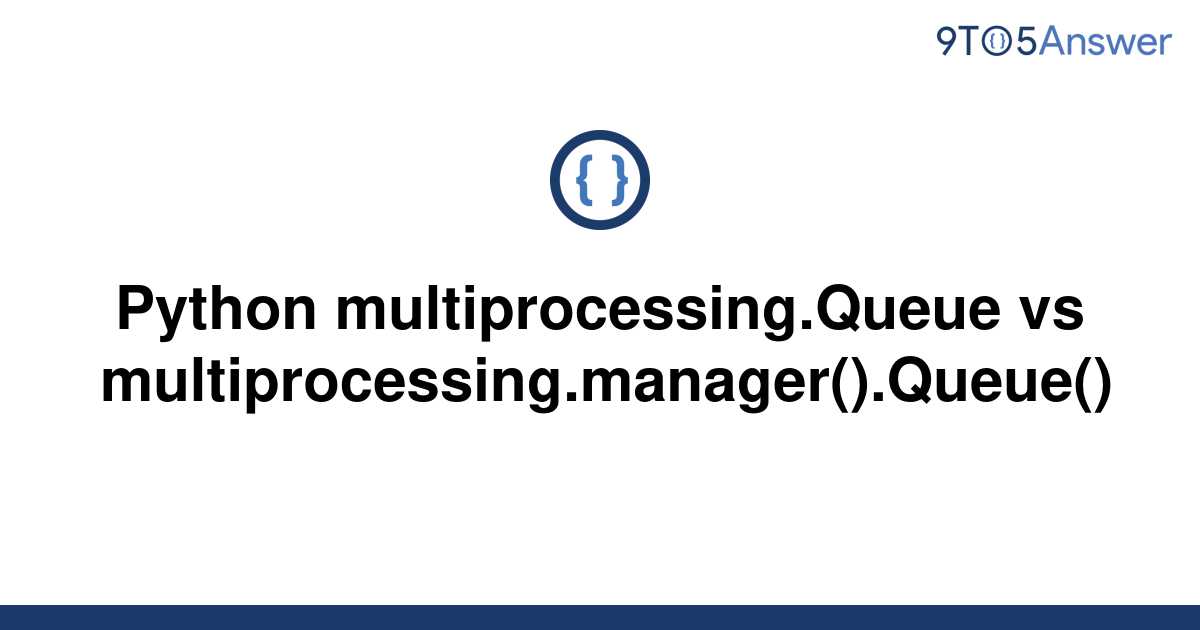

Msg = "%s: %s" % (multiprocessing.current_process().From multiprocessing import Process, Queue With it I let the system take care of terminating the children if I were to encounter an exception or do exit(): atexit.register(worker.terminate). I also add some testing of the at exit (atexit) module.
Write to standard out in a safe way - using a multiprocessing.Lock(). The parent checks the status of the child with worker.is_alive() (a lot nicer than saying: I want to wait for a PID but I don't want to wait - os.waitpid(pid, os.WNOHANG).). Starts, terminates or joins processes with. spawns new processes with multiprocessing.Process(target=subwork_A, args=args). In this example I create 8 child processes that with the parent: Since I am a pretty curious person I wanted to know how easy or intuitive the multiprocessing library in standard Python is - so I tested working with it as well. : fish4 | there was nothing new in the queue(?) : 1337 | there was nothing new in the queue(?) Here the parent will not wait for the child - instead it will poll the queue over and over again. In the second version we run the processes in parallel with ret = os.waitpid(pid, os.WNOHANG). Parent is done waiting for kid - clear queue and exit : 42 | there was nothing new in the queue(?) when kid is complete the parent will process the queue. Here the parent is the 14033-process and the child the 14034-process. In the naive case we await the child and then process the queue - we use ret = os.waitpid(pid, 0). Print "kid added more fish, will now exit" Print "queue is empty - let's move on, it was %s" % it Print "parent is done waiting for kid - clear queue and exit" Print "parent is still waiting - check queue " % ret Self.hello("queue has %s items" % self._q.qsize()) Self.hello('there was nothing new in the queue(?)') The real problem I had required an unknown amount of values to be send. # open a pipe that the child writes to and the parent reads fromįor fish in : Multiprocessing python queue code#
The code here uses a fork, and os.fdopen to open the read and write from the pipe as file- or stream-like handles: Notice in the output that the child passes a value to the parent: In this example I send a message a few times but it feels kinda sloppy. A pipe is created and the child is allowed to write and the parent read - this way the child can pass a message to the parent. In my case I want the value to be passed from the child to the parent process. Print ": parent says child has pid %s" % (os.getpid(), pid) The output under cygwin looks something like this (notice that the child process sets the fish but that it does not impact the parent): So no matter how much the child alters its spork, the parent spork will remain unchanged. But in this particular case you have two spork instances in the two processes - these are not the same spork. Well, you might want to read up on it a bit in Wikipedia. Even though the child does the last modification (2 sec delay instead of 1 sec.) the parent process does not keep its value.

Now they both set the value to different things. After forking with os.fork the two processes are cloned. In this first step we make a spork with the value 42. I investigate Fork, Thread, Multiprocessing and a Queue. Here I investigate a few ways to do multiprocessing in Python.





 0 kommentar(er)
0 kommentar(er)
